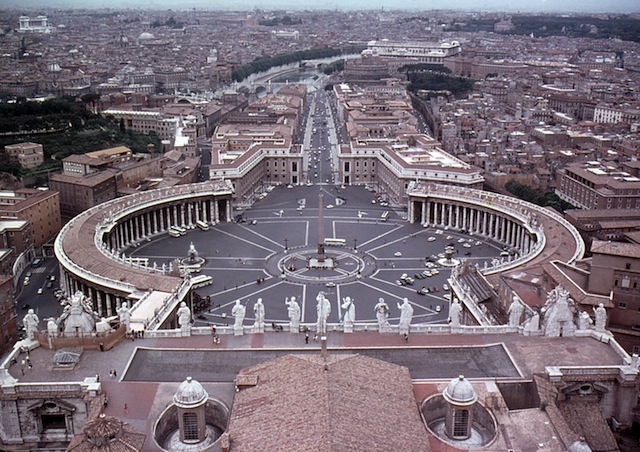The Catholic church may be a two thousand year old institution with medieval beliefs and beset with scandal, but the clerics know how to handle business succession well.
Pope Benedict’s resignation was not only unexpected but also almost unprecedented with it being six hundred years since a pontiff quit before dying on the job.
In many organisations such an unexpected and rare event – dare one use the ‘black swan’ line – would create havoc, or at least paralysis. Instead the clerics handled the process smoothly.
This contrasts with the succession planning in many companies. In larger business even when the CEOs handover is planned, there’s a period of write downs and blood letting as the new leader stamps their authority.
Sometimes it gets very ugly indeed, particularly if the former CEO has been kicked upstairs onto the board.
In smaller businesses, there’s no succession planning at all. Many businesses die when the owner retires if there’s no buyer for the operation.
That shortage of buyers is a major problem for smaller business owners. Many baby boomers have planned their retirements around getting a good sale price for their businesses.
If they can’t get the sale price, the boomer small business owners work until they drop.
Which is what popes usually do.
It’s often said the Catholic Church is the biggest corporation on the planet. Given how smoothly their bureaucracy deals with succession planning, that’s not surprising.

Leave a Reply